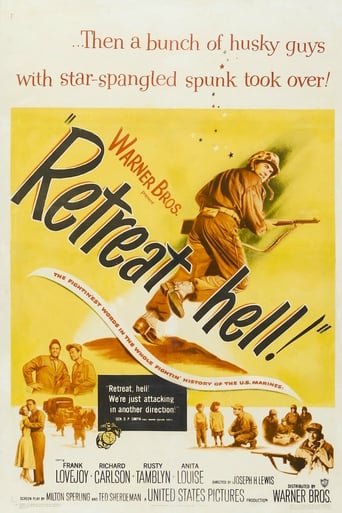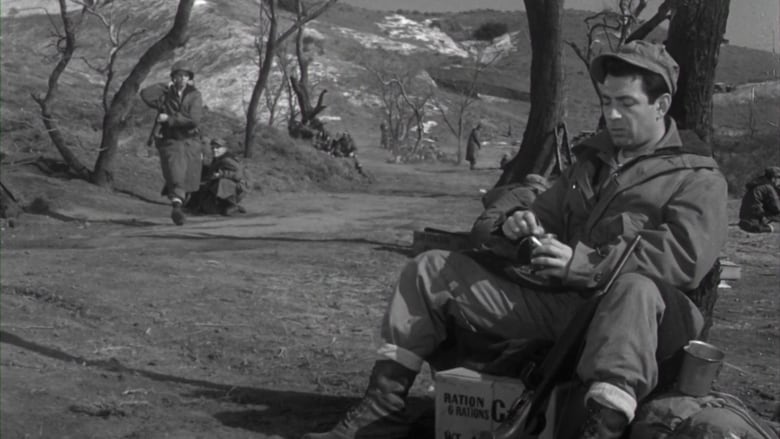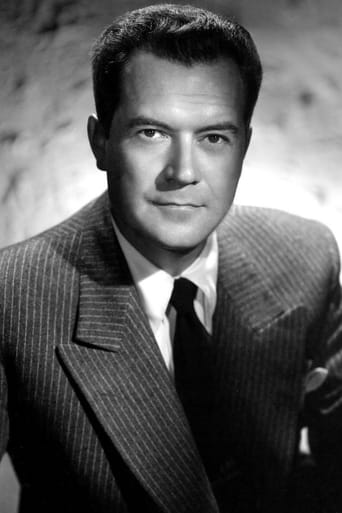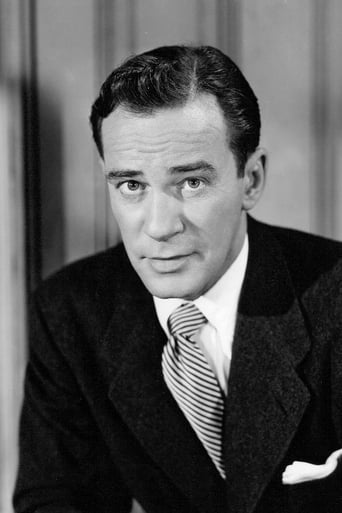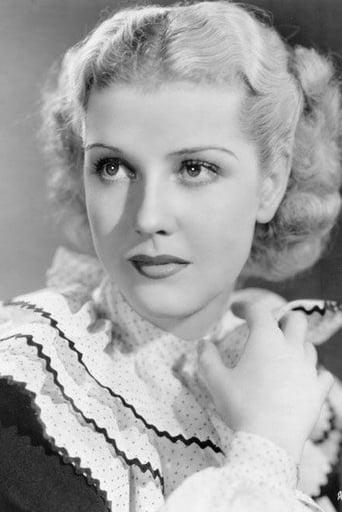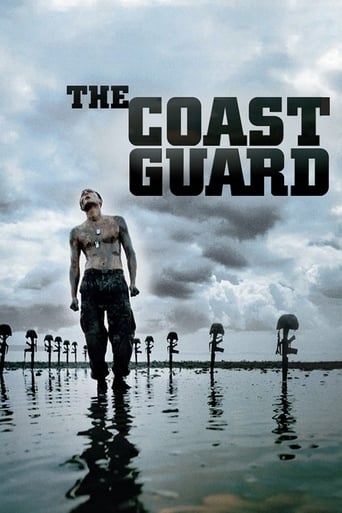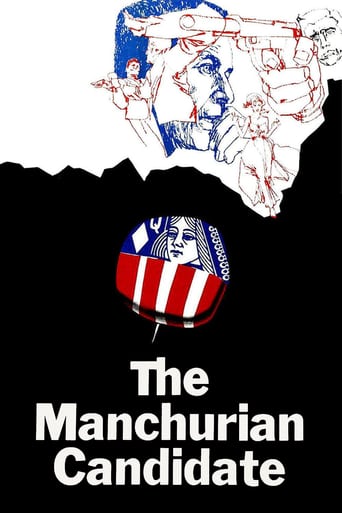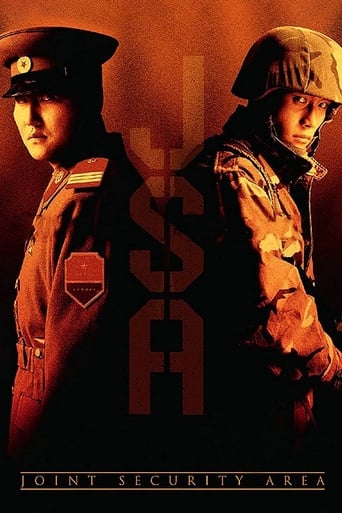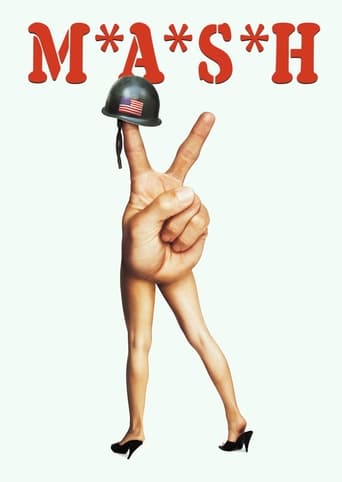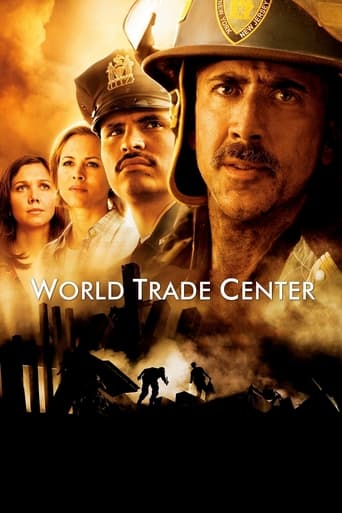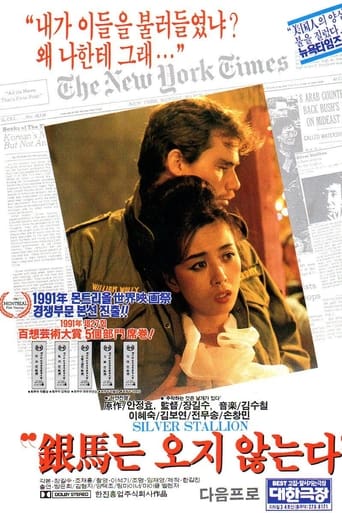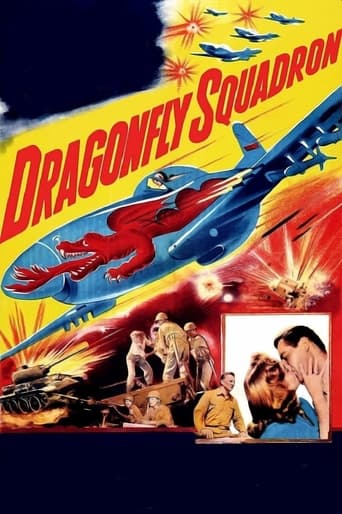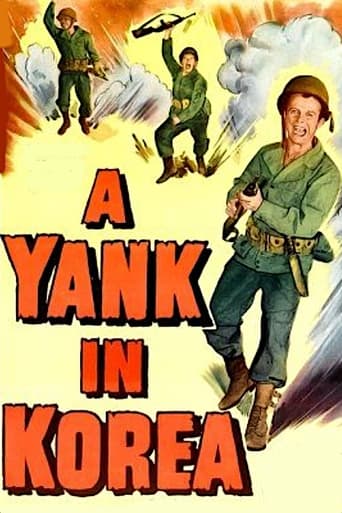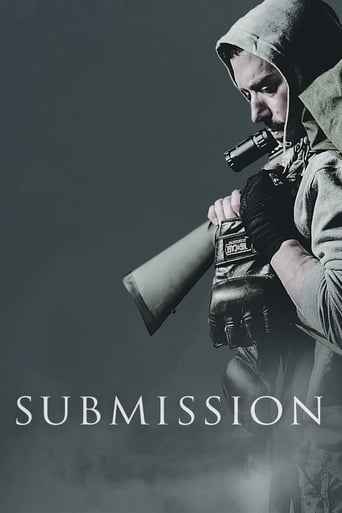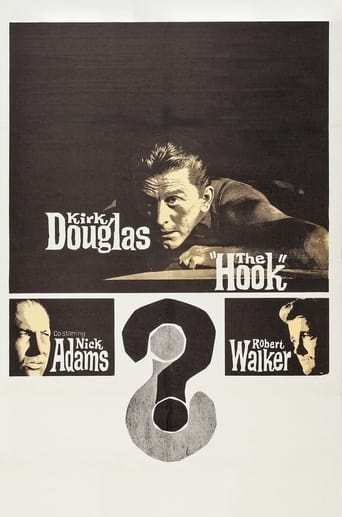Retreat, Hell! (1952)
During the Korean War, a U.S. Marine battalion must fight its way out of a frozen mountain pass despite diminishing supplies, freezing temperatures and constant attacks by overwhelming numbers of Chinese soldiers.
Watch Trailer
Free Trial Channels
Cast


Similar titles
Reviews
Tells a fascinating and unsettling true story, and does so well, without pretending to have all the answers.
The movie turns out to be a little better than the average. Starting from a romantic formula often seen in the cinema, it ends in the most predictable (and somewhat bland) way.
It is a whirlwind of delight --- attractive actors, stunning couture, spectacular sets and outrageous parties.
While it doesn't offer any answers, it both thrills and makes you think.
It's surprising that there isn't a decent DVD available for "Retreat, Hell!" It's a good example of the kind of war movie that was produced during World War II and a few of the post-war years, before the war was reexamined and faced more realistically.It has elements of all the generic conventions. Frank Lovejoy is the Marine colonel who has to whip his battalion of raw recruits (is there any other kind?) and retreads into shape. His tactic for achieving this is to morph into Frank Lockjaw. Only towards the end does he begin to show his more sensitive side. Yes, on the surface he may be crusty and hard-hearted. But underneath that, he's a real softy. It's a good thing they didn't dig any deeper into his character or they might have found another layer in which he was a real MEAN SOB.Richard Carlson is the retread from World War II, a reservist pulled back into active duty as a company commander. He's forced to move his wife and two lovely kiddies into a Quonset hut and he's deprived of their company, despite his whining to Lockjaw. He toughens up though and learns to be a Marine first.There is the kid, Russ Tamblyn, who at this stage of his career could not yet act, who must prove himself as much a Marine as the rest of the men in his family. (He looks about fourteen.) One of his brothers is an officer serving near Tamblyn's unit and we know at once, when Tamblyn asks for permission to visit after a battle, that the brother is KIA.Then there is the somewhat slow, drawlin' Southrin boy who provides a bit of comic relief, though not much. And the Gunnery Sergeant who must harden his men for battle.The usual conventions are followed. There is the mail call ritual, the fierce climactic speech about how we'll fight on and reach our goal, outnumbered and surrounded though we may be. The final entrance of the troops and equipment into Allied lines. And when some bystanders ask this ragged group what outfit they belong to, Frank Lovejoy (now thoroughly humanized) straightens up and replies proudly, "First battalion, United States Marines." It really does hark back to World War II movies. The enemy are faceless. The rifle shots don't sound like rifle shots at all. A fired weapon emits a modest ka-Whoosh instead of a loud pop. There is the tension of waiting while the enemy approach like black cockroaches over the snowy hills and our troops are out of ammunition until, at the last moment, the skies clear and cargo planes make the necessary drop, just as in "Battleground", a superior example of the genre.Some of the engagements are shot in the hills around Hollywood, but there is some combat footage from Korea inserted too. The actual events have been cleaned up a bit for public consumption. The reason the Marines and the Army had been caught with their pants down is that they had sailed northward through the British lines as if on a picnic. MacArthur had found little resistance in North Korea and was determined to thrust quickly through to the Manchurian border, while the more prudent British adopted a cautious advance on a broad front. MacArthur had assured President Truman that there was no chance of Chinese intervention, a big misjudgment. MacArthur had also declared the men would be home by Christmas which didn't happen and this is mentioned by one or two characters in the film, but sadly, without bitterness. The retreat from the reservoir was genuine hell. The weather was bitterly cold and frostbite was common. The Chinese troops had more protective clothing than ours. And omitted from this movie are newsreel scenes of frozen bodies being dragged on sleds behind trucks during this slow, sixty-mile retreat.I'd give this movie bonus points for having taken a chance on its being about a retreat instead of a victory. We don't hear much about Korea these days. It ended in a stalemate. Retreats, defeats, and stalemates are the stuff neither of legends or commercially successful movies. They don't follow the accepted scenario in which we either win or put up a gallant fight before being wiped out by a treacherous foe. "A Bridge Too Far" was another risky production. I doubt that this one would have been made in quite the way it was except for a proclamation by one Marine officer who, when asked if they were retreating, said, "Retreat, Hell. We're just advancing in a different direction." A ringing line like that is enough to transform our perception of what we are witnessing on the screen.
The Korean War doesn't have the glory that goes with WW2, although there are a few films about that war that have helped shape an image of bitter fighting carried out in even more bitter weather conditions. Retreat, Hell! should be right up there with Pork Chop Hill as the definitive Hollywood depiction of that conflict. It has that deft mix of grim authenticity, of action, and of fine characterizations. It has to be one of Russ Tamblyn's best dramatic parts. A lot of well interspersed and well done action scenes of fighting in barren snow swept hilltops and ravines, with the finale being a furious Chinese charge right into the colonel's tent. In black and white, this film has a pervasive grimness to it, that contrasts with the story of a unit of Marines trying to keep up a sunny and positive spin on a desperate situation. It's a flag-waver, but exceedingly well done.
War is hell. This grim movie bears that out. At least this black and white movie is consistent from start to finish as it portrays United States Marines landing and later retreating in the frozen hell of Korea. The movie's redeeming qualities are its educational aspects and the actual combat footage. Story, dialog, casting, acting and special effects are all about average. I thought the characterization was better than average at times, as it showed Marines struggling with loss, despair, fear, hope, joy and even expressing compassion. Korea has been termed the forgotten war. That is unfortunate as it was and still is very relevant, even to this day. Witness the recent demonstration of nuclear power by North Korea and the consternation it has generated. The younger generation should be aware of our nations history and this movie can be a fun and enlightening way to do so. They might wonder what Chinese soldiers are doing there. At one point our movie's characters are almost saying a famous line from a later movie--"Who are these guys?" Overall, Retreat, Hell! is a respectable war movie.
Much of the footage of the fighting in and around Seoul and near the Chosin Reservoir came from actual Marine Corps combat photographers (this was l-o-n-g before embedded reporters!). The "sensitive, caring" company commander (Richard Carlson) was a Marine reservist and veteran of WW II who was called back for Korea -- and carried some resentment of the recall with him. The comment "Retreat, hell, we're just attacking in another direction" has been variously attributed to 1st Marine Division Commander Major General Oliver P. Smith or to regimental commander Colonel (later LtGen) Lewis B. "Chesty" Puller. Douglas MacArthur spent most of his involvement in the Korean War in his Far East headquarters in Japan. The battalion executive officer in the movie, "Major Knox," was played by Peter Ortiz (a Ford favorite who appeared in What Price Glory and Rio Grande, both times wearing an eye patch), who was a real-life WW II Marine hero with the O.S.S. in France.

